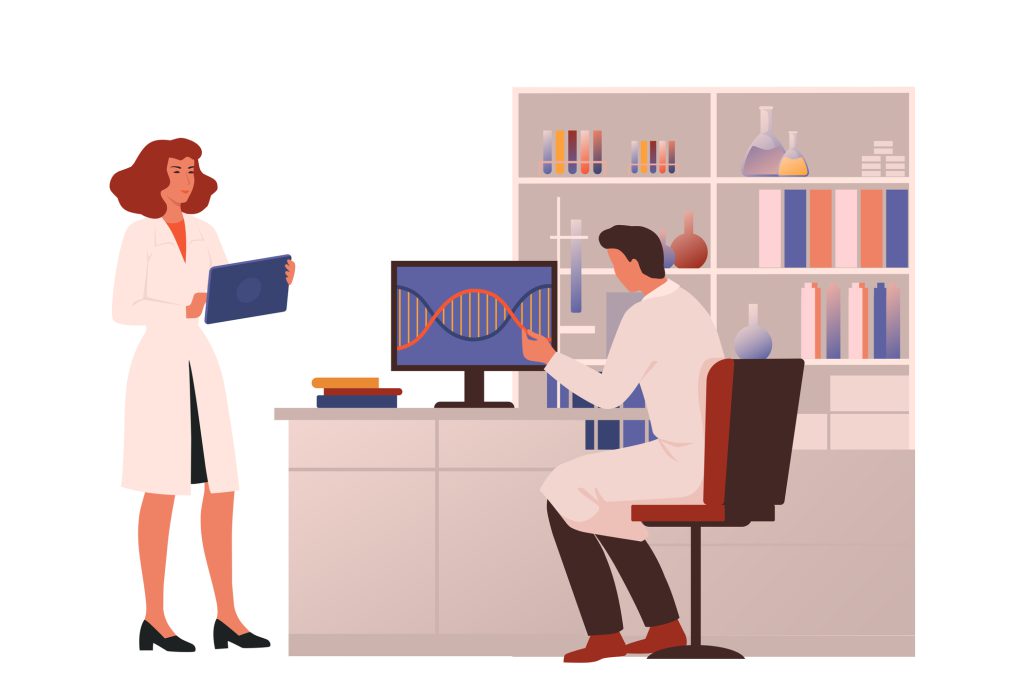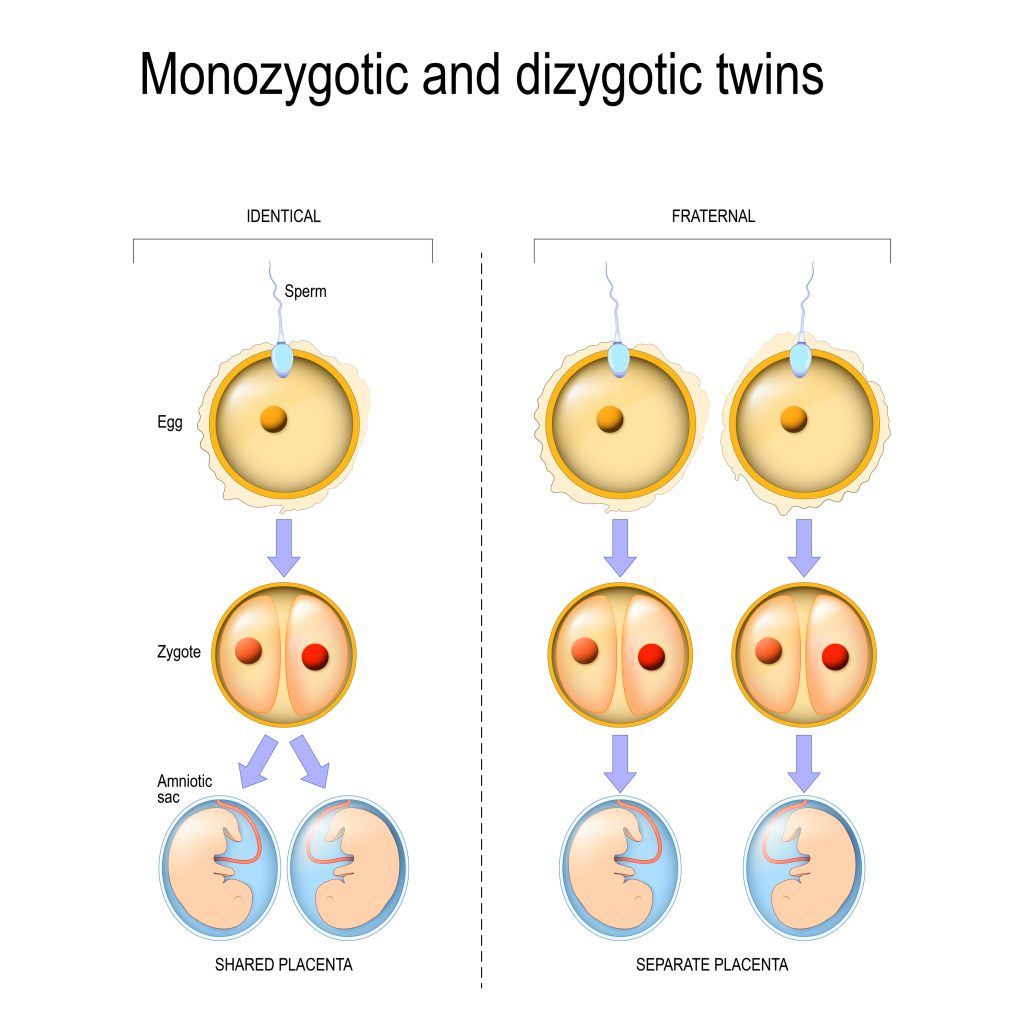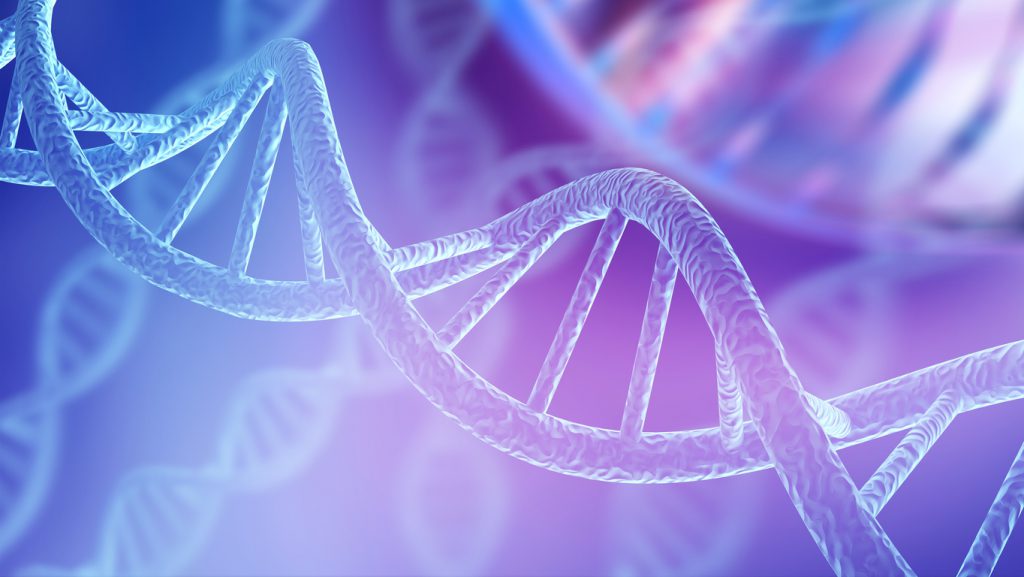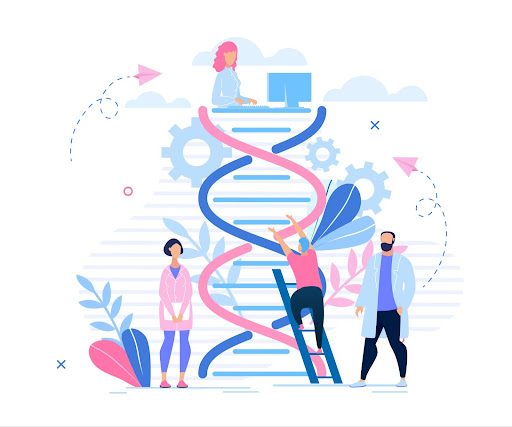
Next in the ‘A-Z’ series is M for Minimal Phenotyping. Reaching the huge sample sizes needed for identifying the genetic basis of psychological traits is challenging. In this blog, Alicia and Patrycja look at minimal phenotyping as an approach to overcome sample size challenges. One…










Recent Comments